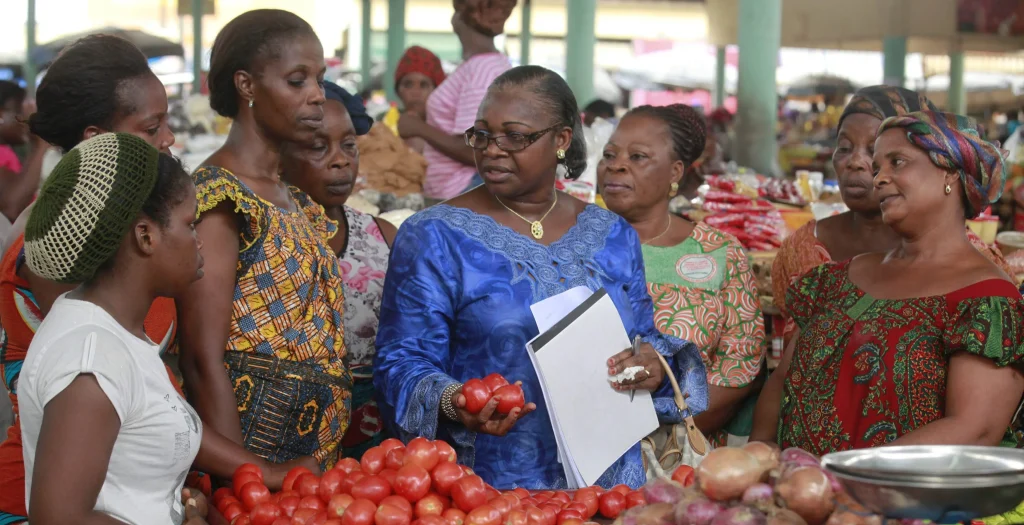Trending
- Tanzania to import 100MW of electricity from Ethiopia via Kenya
- Power play: Can the green energy push ever outpace big oil?
- Slashing foreign aid: Is Trump right or wrong?
- Arusha bets big on tourism with EAC’s largest conference center
- Regional lender KCB Group net profit grows by 64% to $477 million
- Kenya-UK partnership aims to cut red tape on trade and grow incomes
- AIM Congress 2025 to host high-level talks on global investment shifts
- Can Africa replace king dollar with gold as Its primary store of value?







